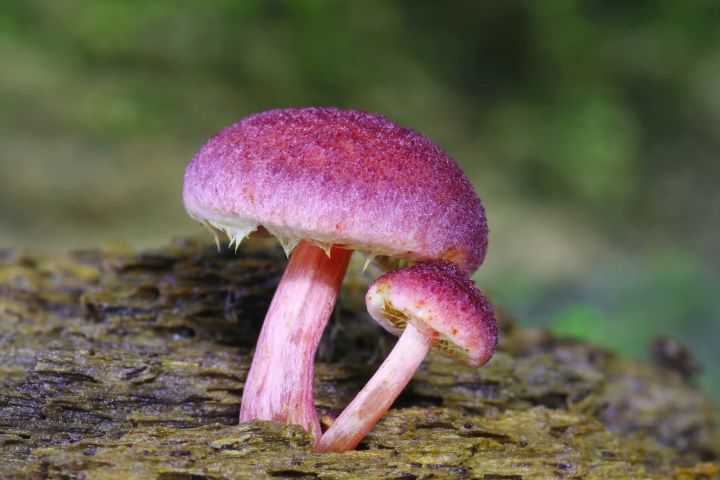
The particular fungus in question stems from the common white button mushroom, known to the scientific community as Agaricus bisporus. Penn State plant pathologist Yinong Yang used CRISPR-Cas9 gene-editing technology to introduce a genetic modification that reduces browning, which pretty much anyone who’s ever sliced a mushroom will have experienced. Genetically-speaking, Yang targeted the gene group that encodes an enzyme called polyphenol oxidase, which is known to cause browning. By removing just a few base pairs from the mushroom’s genome, Yang was able to reduce the browning enzyme’s activity by 30%.
In the past five years, the USDA has given the regulation-free green light to approximately 30 genetically modified organisms (GMOs). In these cases, the USDA and its Animal and Plant Health Inspection Service determined that each one of the genetically modified organisms did not necessitate agency regulation. Yang’s modified mushroom is the first CRISPR-edited organism to get this treatment, and as CRISPR continues to make a splash on the science scene, this could be great news for plant pathologists looking to improve our crops at a genetic level.
Yang’s modified mushroom probably got the green light because it does not incorporate any foreign DNA, like the viruses or bacteria which, even when harmless, often trigger federal regulation rules. These kinds of external ingredients were once required in genetic modifications, but gene editing has come a long way since the 1980s and 1990s. But even though the CRISPR-edited mushroom got the go ahead from the USDA, it may still need approval from the Food and Drug Administration before going to market.
In the meantime, Yang is considering starting a commercial venture to support his effort to genetically remove the browning enzyme from a variety of fruits and vegetables. Genetically-modified apples and potatoes engineered by other researchers have already been approved for market sale, since reducing browning increases shelf-life. So while the United States scurries to reimagine its regulations and rules surrounding GMOs, geneticists continue to plough on with developments that could revolutionize the way we eat.


